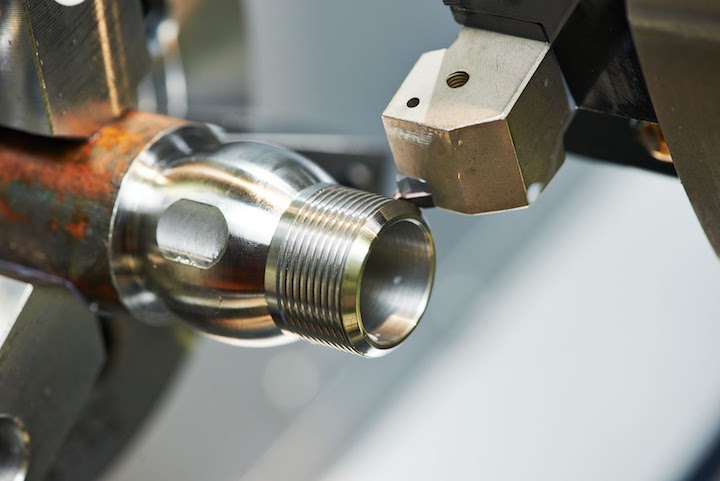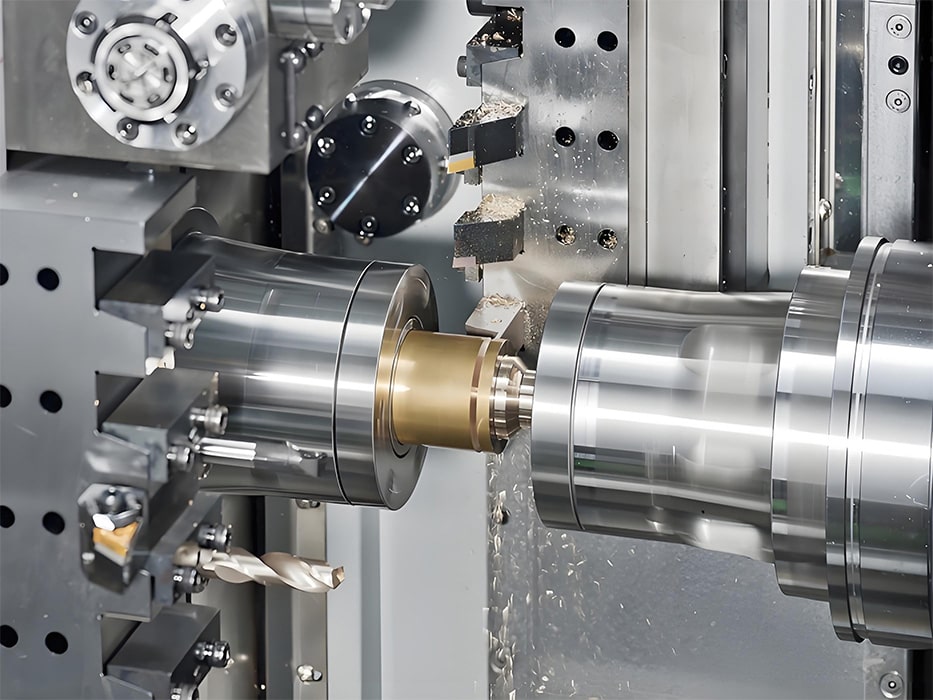CNC Machining: A Revolution in Precision Manufacturing
CNC Machining: A Revolution in Precision Manufacturing
Blog Article
CNC machining is one of the most innovative technologies of contemporary manufacturing. It fundamentally alters the way industry produces components and parts that offer a degree of high-quality, speed as well as versatility far superior to the traditional processes. CNC machining employs computerized control and equipment to accomplish a variety of tasks such as cutting, drilling, milling and grinding on materials ranging from plastics and metals to wood and composites. In automatizing the manufacturing process, CNC machining eliminates many problems and inconsistencies that are inherent to manual processes. It is the result of a process that produces highly accurate parts more quickly and with greater consistency, driving innovation in industries from aerospace to consumer electronics.
One of the key advantages of CNC machining is that it has the capability to design highly detailed and complicated pieces that are almost impossible to make using conventional manufacturing techniques. CNC machines are based on digital designs, meaning that once the part's layout is programmed in the machine, it will be produced accurately and in a consistent manner. This is particularly beneficial in fields like automotive, aerospace, or electronic manufacturing, where accuracy is vital. Moreover, CNC machining is capable of working with a wide variety of materials, starting from soft plastics, to metals. It allows companies to produce parts that meet specific demands for strength, durability, and heat resistance. The wide range of CNC cutting has provided new possibilities for product design and engineering.
Efficiency of CNC machine is a key aspect in its broad adoption. Traditional methods for machining call for experts to manage the machine, alter parameters, and alter machines for each job. This is not only lengthy, but is also vulnerable to errors made by humans. CNC machining, on side, however, allows for the automation of these jobs, enabling machines to work continuously under minimal supervision. After the programme is established and the machine is loaded with the required material, it can perform multiple operations without interruption, drastically shortening the production process. CNC machines can also be capable operating continuously, which makes they ideal for production with high volume runs. This efficiency level allows companies to meet deadlines, enhance their output while reducing labor costs as well as maintain high-quality standards.
Another key benefit of CNC machining is its effectiveness. With the help of automation, machining it is possible for manufacturers to drastically reduce the time taken to make parts, which leads to a faster cycle of production as well as less expense. Because CNC machines operate 24/7 with minimal human supervision and can produce more output without compromising the quality. This level of automation also lowers the possibility of human error, ensuring the quality of each piece produced is in line with exactly the specifications specified within the electronic model. Additionally, CNC machining allows for "lights-out" manufacturing, where machines remain in operation when workers are gone to increase productivity, and reducing labor costs. To find supplementary information kindly visit Premiumparts
One of the challenges associated with CNC machine machining is the initial setup cost. Investing in CNC machinery and the software needed to run it can be expensive, particularly for small-sized businesses. However, the advantages of CNC machine machining, such as lower labor costs, increased production efficiency, as well as improved products' quality usually outweigh the initial cost. Many companies also provide CNC machine-making services to companies that may not be able to make the investment in their equipment, allowing smaller manufacturers to take advantage of the technologies without having to pay upfront. Since the need for CNC machineries continues to increase, the cost of machinery and software is predicted to lower, making it available to a greater number of businesses.
The negative environmental impacts of CNC machining is another aspect that is worth thinking about. Although traditional methods of manufacturing typically produce a large quantity of waste materials, CNC machines are recognized as efficient in their use of materials. In order to precisely cut and shape the raw materials used in manufacturing, CNC machining minimizes waste by minimizing both costs for materials and the environmental impact. Additionally, the automation of CNC machines decreases the amount of energy consumed in comparison to manual machining. The majority of the modern CNC machines are designed using sustainability in mind. using energy-efficient motors and systems to further reduce their carbon footprint. This means that CNC manufacturing an environmentally-friendly solution for those who want to cut down on waste and preserve resources.